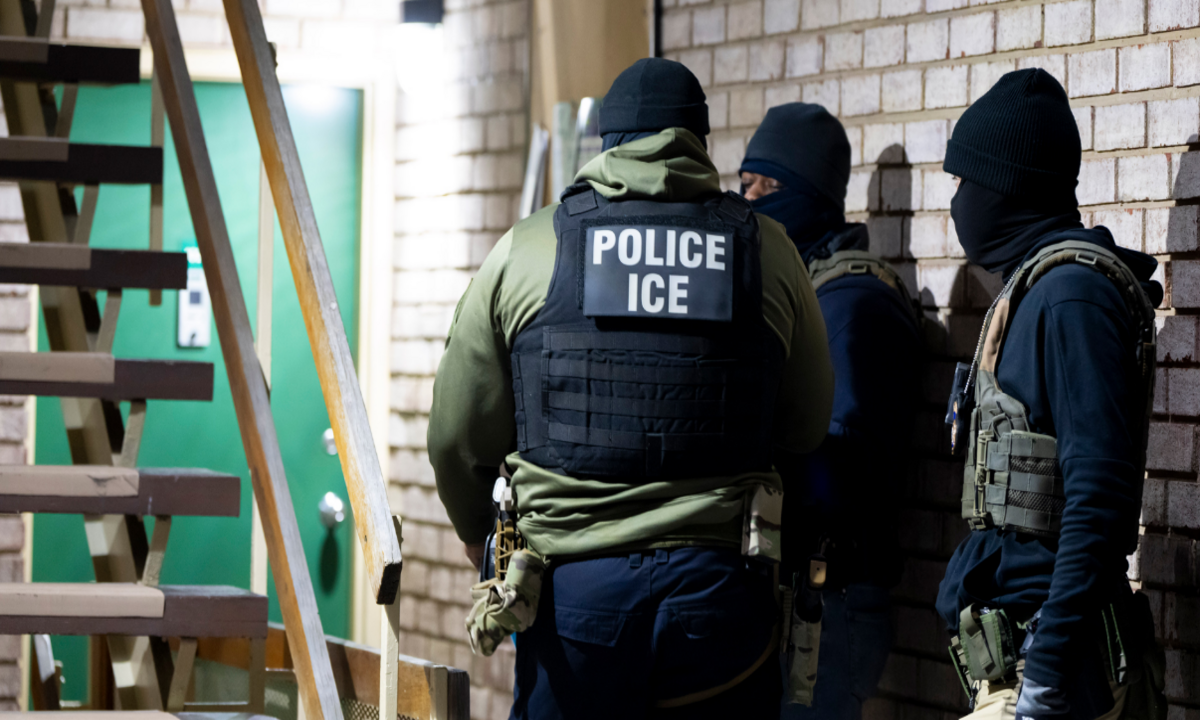The Psychological Impact of ICE Raids on Immigrant Families
Recent Immigration and Customs Enforcement (ICE) raids in New Jersey have sparked concerns among mental health professionals and immigrant rights advocates. Experts warn that these actions can have severe psychological consequences, particularly for children who experience the sudden detention or deportation of a parent or caregiver. The fear and uncertainty created by these raids contribute to anxiety, depression, and long-term mental health issues in immigrant communities.
Emotional Toll on Families
The unexpected and forceful nature of ICE raids leaves families feeling vulnerable, powerless, and afraid. Children who witness a loved one being taken away can experience intense emotional distress, leading to nightmares, withdrawal, and even post-traumatic stress disorder (PTSD).
Dr. Schenike Massie-Lambert, a mental health professional from Rowan-Virtua School of Osteopathic Medicine, explains that trauma occurs when a person experiences a situation that is beyond their control. When a child is suddenly separated from a caregiver due to an ICE raid, it disrupts their sense of safety and stability. This can lead to long-term emotional difficulties, including difficulty concentrating in school, social withdrawal, and behavioral changes.
According to William Lopez, a public health professor at the University of Michigan, children of detained or deported parents often take on responsibilities beyond their years. High school students may start working to support their families, and college students may drop out to care for younger siblings. This shift in responsibility adds to the stress and mental health burden on young people in immigrant communities.

Community-Wide Effects
The fear caused by ICE raids does not just affect individual families—it extends to entire communities. Many immigrants hesitate to go to school, seek medical care, or even visit grocery stores, fearing unexpected encounters with immigration officials. This avoidance can lead to social isolation, financial struggles, and declining health.
In Newark, a recent ICE raid at a local fish market resulted in arrests without warrants, sparking outrage. Mayor Ras Baraka condemned the operation, stating that it terrorized residents and violated their constitutional rights. Similarly, Senator Vin Gopal criticized ICE for detaining parents near school grounds, warning that such actions create fear among students and disrupt their education.
Protective Measures and Advocacy Efforts
In response to increasing ICE enforcement, New Jersey has taken steps to protect immigrant families. The state’s Immigrant Trust Directive aims to limit cooperation between local law enforcement and federal immigration authorities, ensuring that immigrants can access vital services without fear of deportation.
Additionally, advocacy groups are pushing for the Immigrant Trust Act, which would further safeguard immigrant communities by restricting local resources from being used for federal immigration enforcement. Mental health professionals also urge families to seek support and educate themselves about their rights.
Conclusion
The psychological effects of ICE raids are profound and far-reaching. These actions not only break up families but also create a climate of fear that impacts entire communities. Addressing these concerns requires strong policies, mental health support, and a commitment to protecting vulnerable families from unnecessary trauma.
Disclaimer—Our team has checked this article to ensure its accuracy and eliminate any misinformation. We are committed to providing clear and reliable information for our readers.


